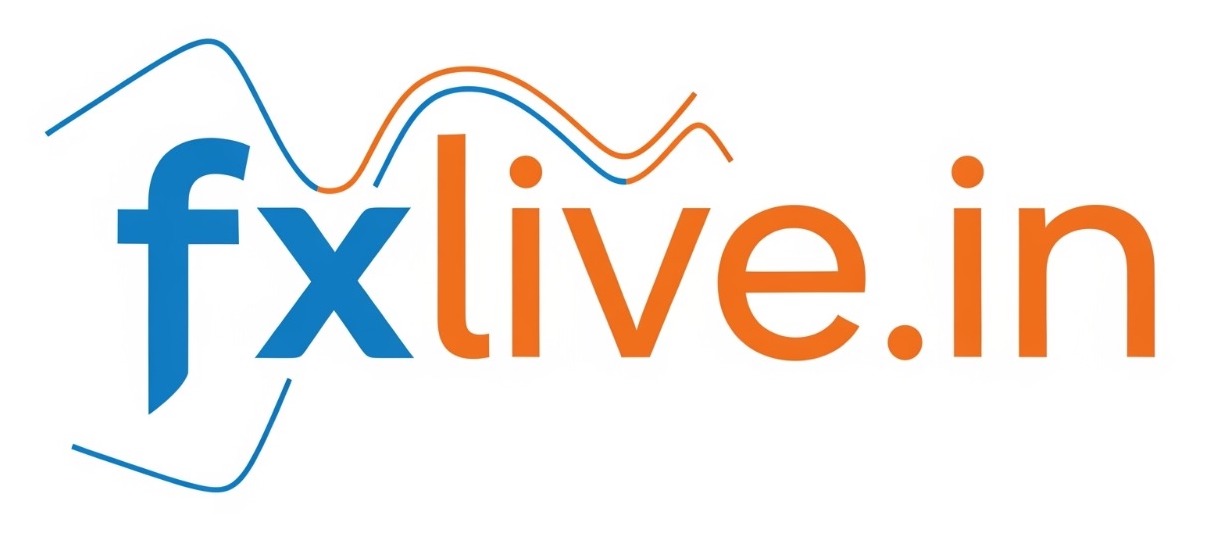The Securities and Exchange Board of India (SEBI) has issued a strong public advisory cautioning investors against putting their money into “Digital Gold” or “E-Gold” products offered by various fintech apps and online platforms.
The warning is not a ban on gold investment, but a clarification that these products fall outside the regulatory safety net, exposing investors to high risk.
Here are the full details of SEBI’s warning and the rationale behind it:
⚠️ SEBI’s Core Warning
SEBI explicitly stated that Digital Gold products are unregulated and operate entirely outside its purview.
- Not Regulated: SEBI clarified that these products are neither notified as ‘securities’ nor regulated as ‘commodity derivatives’ under the existing financial market laws.
- No Investor Protection: The most critical point is that none of the investor protection mechanisms available under the securities market framework (such as arbitration, grievance redressal, or default protection funds) apply to digital gold investments.
- High Risks: SEBI warned that these products “may entail significant risks” for investors, specifically highlighting:
- Counterparty Risk: The risk that the platform or company selling the digital gold may default, go bankrupt, or fail to deliver the physical gold or cash equivalent upon redemption.
- Operational Risk: Risks related to the actual storage, purity, insurance, and auditing of the physical gold that is supposed to be backing the digital purchase. Since no regulator checks this, investors rely solely on the company’s claims.
❓ What is “Digital Gold”?
Digital gold is an investment product that allows customers to purchase small, fractional amounts of gold (often starting from just ₹1) online through various apps, payment platforms (like Google Pay, PhonePe), and jewellers’ websites.
- The customer pays for the gold digitally.
- The equivalent quantity of physical gold is theoretically stored in a vault by the vendor (e.g., MMTC-PAMP, SafeGold, Augmont) on the customer’s behalf.
- The customer can later sell the gold back or opt for physical delivery (coins/bars).
The convenience and low entry barrier have made it extremely popular, but it is this lack of regulatory oversight on the storage and delivery guarantee that SEBI is flagging.
✅ SEBI’s Recommended Alternatives
SEBI urged investors who want exposure to gold to choose only regulated avenues that offer transparency and investor protection. These regulated products are:
- Gold Exchange Traded Funds (Gold ETFs): These are mutual fund schemes that invest primarily in physical gold. They are traded on stock exchanges like shares, are backed by SEBI regulations, and the gold is held by a regulated custodian.
- Electronic Gold Receipts (EGRs): These are instruments representing gold that are traded on recognized stock exchanges (like NSE/BSE). This is SEBI’s newest regulated avenue for buying gold digitally.
- Exchange-Traded Commodity Derivatives: Contracts based on gold that trade on commodity exchanges (like MCX) under SEBI’s strict risk management and regulatory framework.
- Sovereign Gold Bonds (SGBs): While not regulated by SEBI, SGBs are issued by the Reserve Bank of India (RBI) on behalf of the Government of India and are considered a highly safe, regulated investment option.
In summary, SEBI’s message is clear: while digital gold is convenient, it operates in a regulatory grey area. For long-term or core gold investments, investors should move towards instruments like Gold ETFs, EGRs, or SGBs, which are protected by a robust legal framework.

